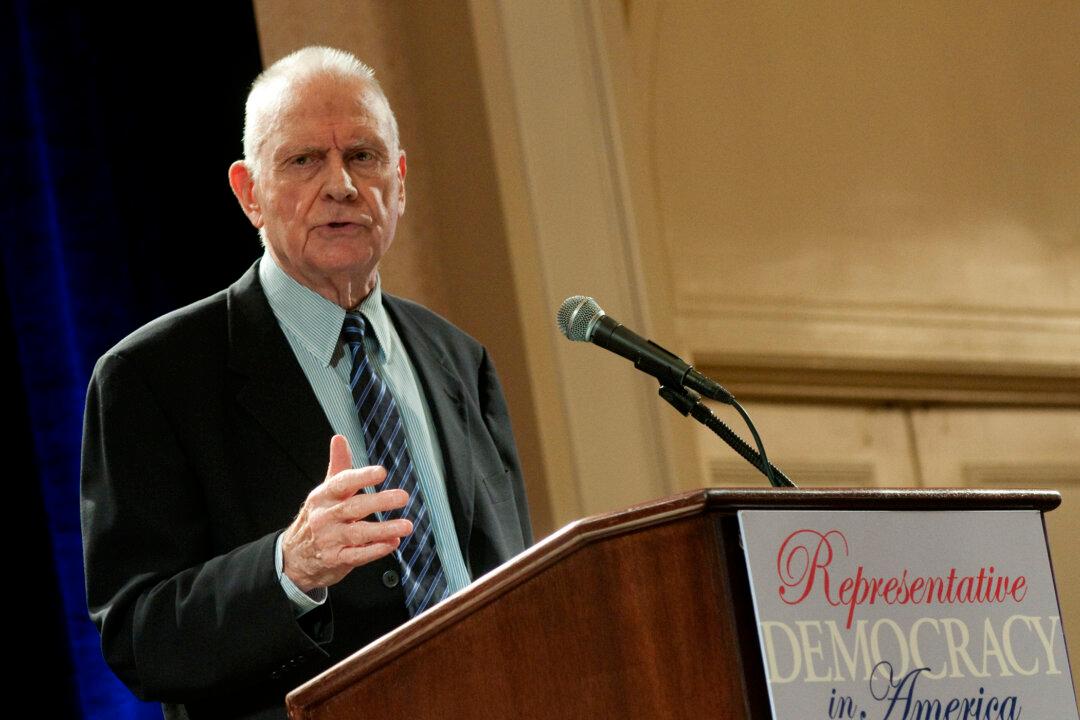As hard as the campaign might have been and the transition is proving to be, Donald Trump’s challenges are really just beginning. Governing after a toxic election in which the results awarded him an ambiguous national mandate—his opponent, after all, got more votes—will require finesse, a clear-eyed view of his role in the world, and no small amount of luck.
There is no question that, come January, President Trump and the Republican majority in Congress will be in firm control of the government. They will be able to call the shots on policy, and cooperation between the President and Congress should be far more assured than it has been for the last six years.
He will soon find, even under these circumstances, that the commitments and promises made during the campaign are going to be very hard to carry out. The new President’s number one priority almost certainly is going to be rebuilding U.S. economic power. A great many of the people who voted for him did so because they expect him to produce more good jobs, better incomes, and better economic opportunity.
But he faces great difficulties on this front: gross inequalities of income and opportunity, persistent poverty, a decaying infrastructure, a challenging education system, a health care system that even after reform remains expensive and often ineffective, and rapid technological and global changes that make it harder for people without a college education to find work. To say nothing of a slow-moving Congress and an entrenched bureaucracy. Most Americans are not getting ahead and they know it. His supporters may grant him a grace period in which to fix all this, but economic dissatisfaction will persist.
Other domestic issues he addressed in the campaign will prove no easier to pursue. Donald Trump campaigned on replacing Obamacare, a position that President-Elect Trump began to moderate within days of winning the election. He has not set out a comprehensive alternative—simply keeping the popular parts and jettisoning the rest, which he suggested he might do, is not an acceptable or workable option.
Which leaves open the question of how to insure the 20 million people who gained coverage under Obamacare. Mr. Trump has suggested he'd support health savings accounts and allow insurers to sell policies across state lines. He would also like to convert Medicaid from an entitlement program into a block grant. These proposals are certain to arouse fierce opposition.
He has made clear that he wants to enact large tax cuts, especially on businesses—while at the same time spending billions on infrastructure improvements. The path to tax cuts is clear: members of Congress like to vote for tax decreases. However, most evaluations of his policy proposals suggest that deficits will explode under his program. He has talked about offsetting some of that revenue by eliminating or limiting loopholes and tax deductions, but this has been standard rhetoric in Washington for years and never been carried out with any effectiveness. We'll see how much stomach Congress and the country have for sending deficits spiraling upward.
Others of the President-elect’s programs—slashing regulations on financial institutions, on worker protections, and on environmental impacts—would create major changes in American policy at home. These, too, will arouse much opposition.




